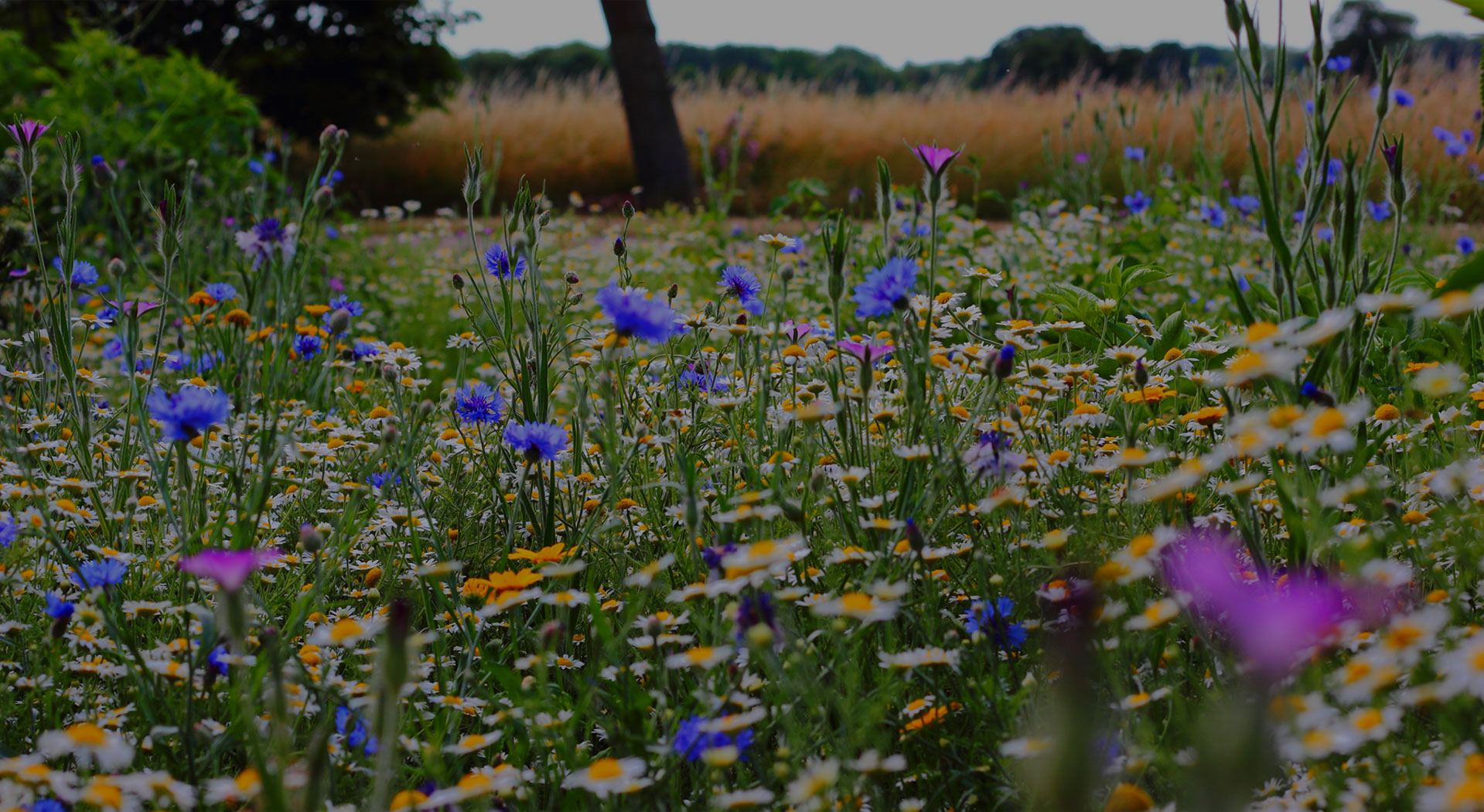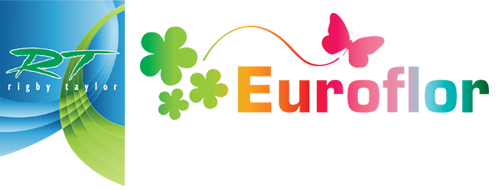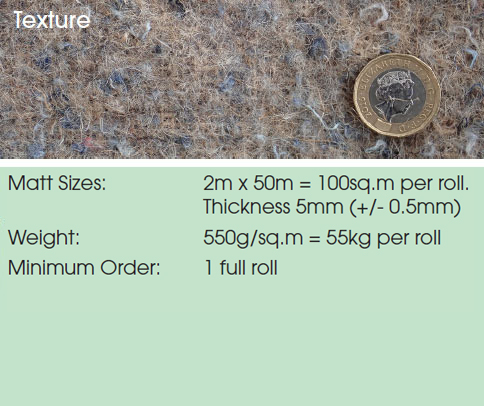
Flora Fleece is a weed suppressant and support for
Euroflor Urban Meadow sowing or grass seed sowing
What is Flora Fleece?
A recycled fabric composed of 50% jute, 25% cotton, 25% brown wool, with a hessian scrim. The matting is made of natural fibres, which will break down through the growing season 5-8 months.
How is it used?
The ground on which the Flora Fleece is to be used should not be excessively compacted, i.e. it can support seedling establishment. The matting should be rolled out over the area to be sown, with 1”-1½” of a sterile substrate placed on top. Seed can then be sown on the substrate and rolled. Euroflor flower seed or a Rigby Taylor grass seed mixture can then be sown on the substrate and rolled. The area should be watered and not allowed to dry out during the initial stages of germination and seedling growth. Once the roots have penetrated through the matting into the soil watering is only required if plant stress becomes apparent.
Observations indicate that a rotovator could re-work the area the following season without the risk of clogging should this be required.
Trials
In independent trials over an 18-month period, Flora Fleece matting was successfully used on:
- a prepared Euroflor or grass seed bed,
- a maintained lawn without weedkiller application,
- a weed infested area (Dock and Creeping Buttercup) 30 cm high weed without strimming or killer application (the weight of water-laden compost was sufficient to smother the weeds).
As the seedlings develop the roots grow through the matting into the soil beneath. Weed growth is smothered and germinating seed from the weed seed bank will not growthrough the matting. Persistent weeds such as Dock and Buttercup have been successfully smothered.
No root scorching of the seedlings was observed as they grew through the smothered and rotting leaves (see below).
The benefits
Flora Fleece matting has proven to be an efficient method for the control of the soil weed seed bank, particularly late germinating annuals like Fat Hen and Redshank which may compete against Euroflor Urban Meadow™ flowers after 3 or 4 years on the same site.
The trials proved that a maintained area of grass can transformed into an Urban Meadow without the use of weed-killers and without any prior seedbed preparation.
The natural fibres of Flora Fleece improve water retention for germination and seedling growth.

5th July

5th July

15th July

13th August
Trials were conducted by Landscape & Environmental Services Ltd at two locations in Cumbria, 2016-2018.




